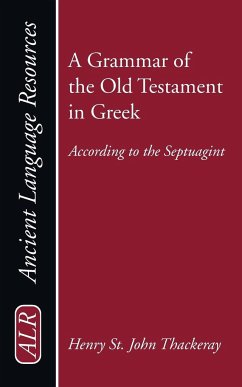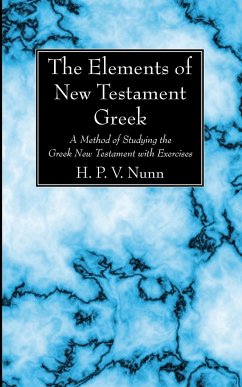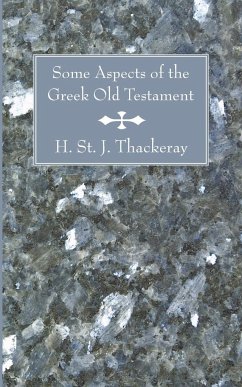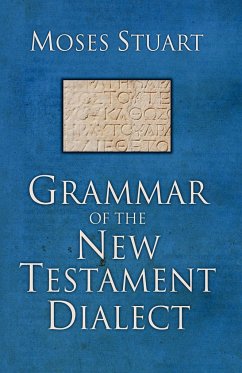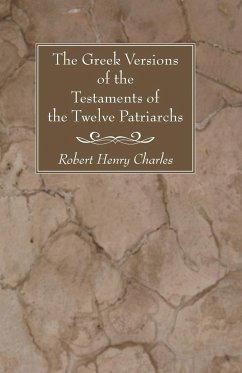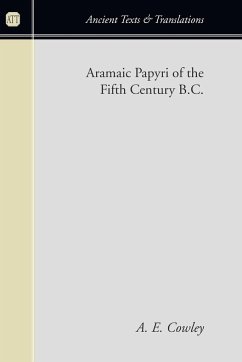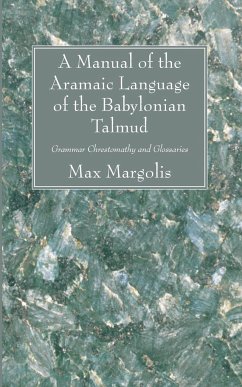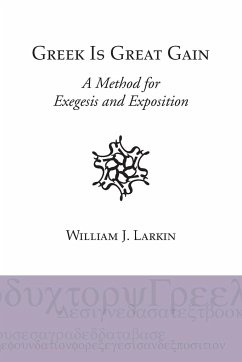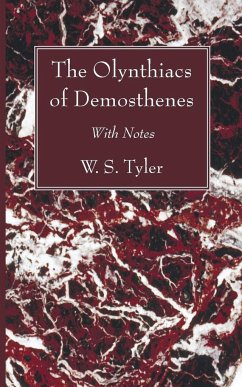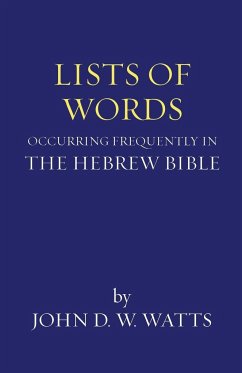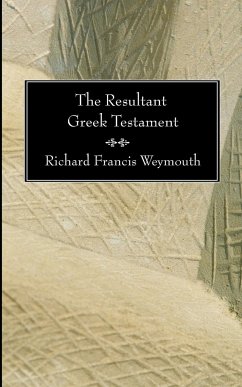
The Resultant Greek Testament
Versandkostenfrei!
Versandfertig in 1-2 Wochen
43,99 €
inkl. MwSt.

PAYBACK Punkte
22 °P sammeln!
""'The Resultant Greek Testament' is intended to exhibit in a compact and intelligible form the latest results of textual criticism. . . . I have judged it more convenient to the reader to put in the body of the page the text on which the majority of modern critics are agreed, relegating to the footnotes readings less numerously or less weightily sanctioned."" from the Preface Weymouth based this ""majority reading"" text on the following editions: Lachmann (1842-50), Tregelles (1857-72), Tischendorf (1869-72), Alford (1874-77), the Bale edition (1880), Westcott and Hort (1881), the Revised Ve...
""'The Resultant Greek Testament' is intended to exhibit in a compact and intelligible form the latest results of textual criticism. . . . I have judged it more convenient to the reader to put in the body of the page the text on which the majority of modern critics are agreed, relegating to the footnotes readings less numerously or less weightily sanctioned."" from the Preface Weymouth based this ""majority reading"" text on the following editions: Lachmann (1842-50), Tregelles (1857-72), Tischendorf (1869-72), Alford (1874-77), the Bale edition (1880), Westcott and Hort (1881), the Revised Version readings (1881), Lightfoot's Pauline epistles (1865-75), Ellicott's Pauline epistles (1867-80), and Weiss's text of Matthew (1876). In addition, Weymouth notes that he made use of Vaticanus, Sinaiticus, and other uncials that earlier editors did not have available. For comparison, he used the Compultusian Polyglot, Robert Stephens' folio of 1550, and the Textus Receptus.



